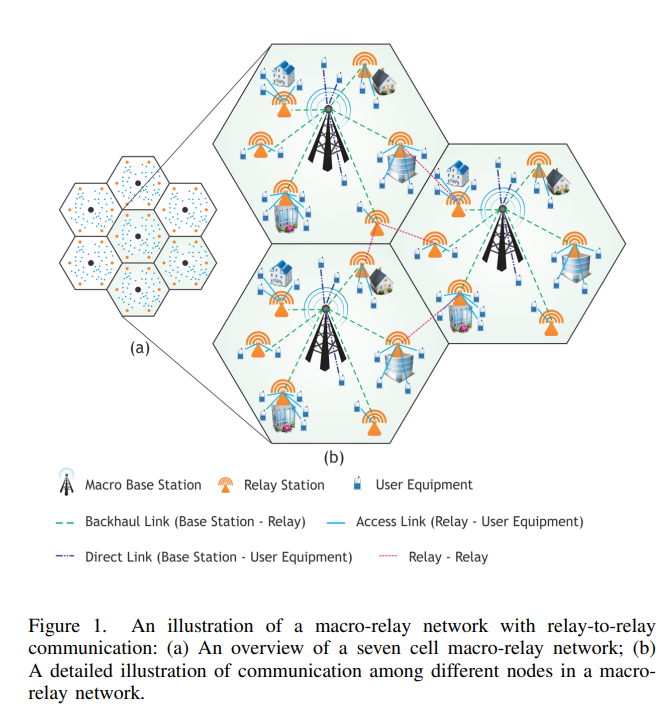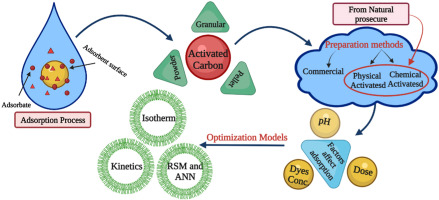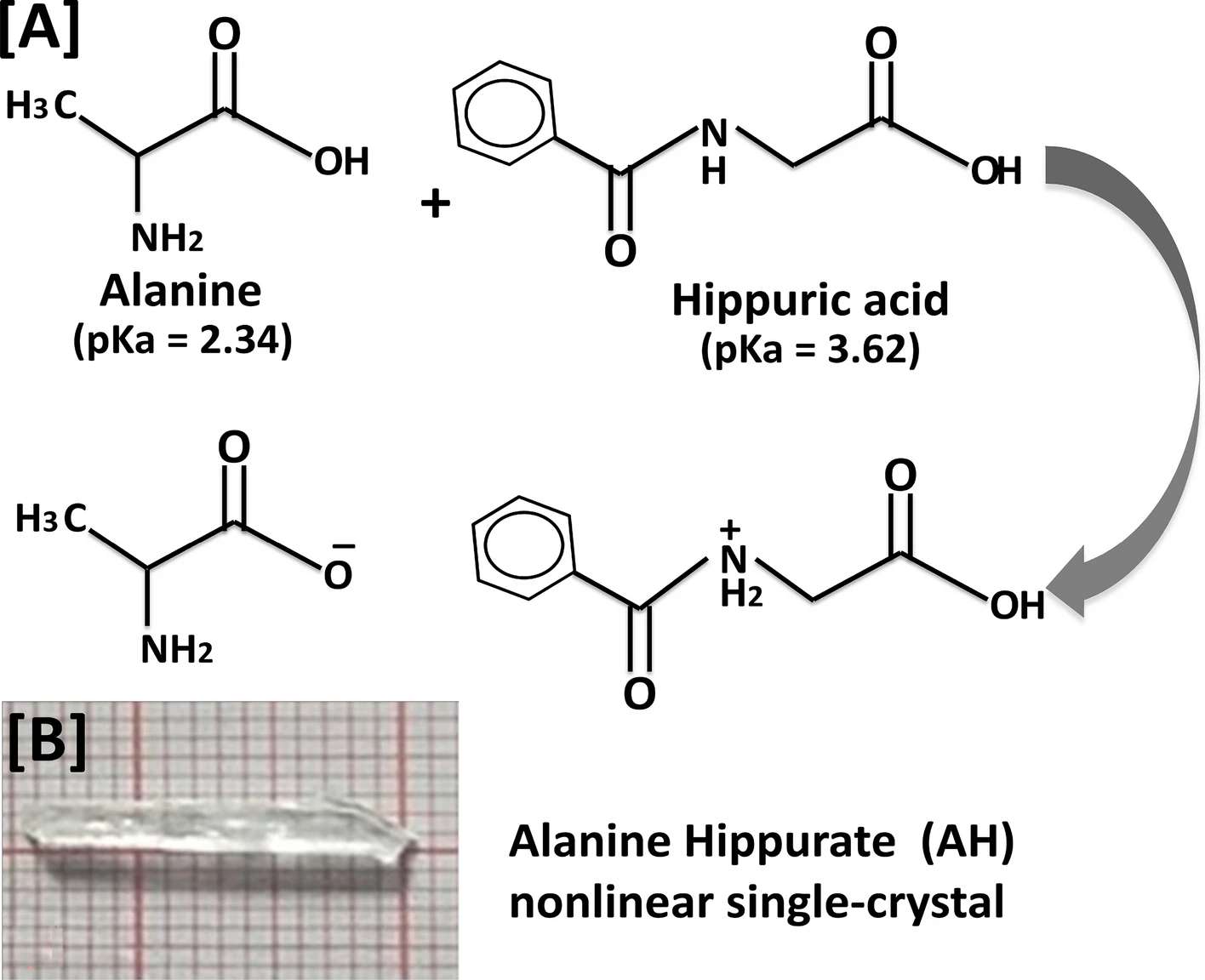
Towards energy efficient relay placement and load balancing in future wireless networks
This paper presents an energy efficient relay deployment algorithm that determines the optimal location and number of relays for future wireless networks, including Long Term Evolution (LTE)-Advanced heterogeneous networks. We formulate an energy minimization problem for macro-relay heterogeneous networks as a Mixed Integer Linear Programming (MILP) problem. The proposed algorithm not only optimally connects users to either relays or eNodeBs (eNBs), but also allows eNBs to switch into inactive mode. This is possible by enabling relay-to-relay communication which forms the basis for relays to act as donors for neighboring relays instead of eNBs. Moreover, it relaxes traffic load of some eNBs in order to allow them to enter the inactive mode. We characterize the optimal as well as provide an approximate solution, which, however, performs very closely to the optimum. Our performance evaluation shows that an optimal relay deployment with relays acting as donors can significantly improve system energy efficiency. © 2014 IEEE.



